The choice of supply voltage for the LED modules you use in your signs and installations can make all the difference.
If you are new to the lighting industry or are looking to learn more, it is important to understand the differences between 12V and 24V LED modules and how they affect your lighting design choices.
LED modules have become the preferred choice for many commercial and industrial applications, such as illuminated signs, due to their energy efficiency, durability, and design flexibility.
However, choosing the right supply voltage for your LED modules is a critical decision-making point.
In this article, we will explore the key differences between 12V and 24V LED modules, analyzing how this choice affects the performance and applicability of your lighting designs.
Differences Between 12V and 24V LED Modules:
Supply Voltage:
Supply voltage is one of the key aspects to consider when choosing an LED module. 12V and 24V modules have different operating characteristics that directly affect lighting performance and system stability.
I 12V LED modules require a lower supply voltage than 24V ones.
This means they are ideal for applications where the distance is limited and the number of modules is small.
On the other hand, the 24V LED modules operate with a higher supply voltage, making them more suitable for projects that require more efficient power distribution over long distances.
These modules are often used in large commercial or industrial installations where it is necessary to power numerous LED devices through long stretches of cable without significant voltage losses.

12V LED modules are used in projects such as illuminated signs, decorative lights and indoor lighting
Energy Efficiency:
The supply voltage directly affects the energy efficiency of LED modules.
In general, over long distances, 24V modules tend to be more energyefficient than 12Vmodules.
This is because the higher voltage devices can carry more power with less energy loss through the cables.
Applications and Uses:
The different supply voltages of LED modules make each more suitable for certain applications and uses.
12V LED modules are commonly used in projects where space is limited or where precise brightness control is needed, such as illuminated signs, decorative lights, and indoor lighting.
While 24V LED modules are preferred for applications that require higher power and even light distribution over greater distances, such as street lighting, parking lot lighting, and lighting for large commercial spaces.
Size and Power:
In addition to the voltage difference, 12V and 24V LED modules can also vary in size and wattage.
12V modules tend to be more compact and lightweight, making them ideal for projects where an unobtrusive design is needed.
24V modules can be larger and more powerful, allowing for greater brightness and better light distribution over larger areas.
These modules are suitable for projects that require strong illumination and uniform coverage, such as lighting buildings, bridges, or monuments.
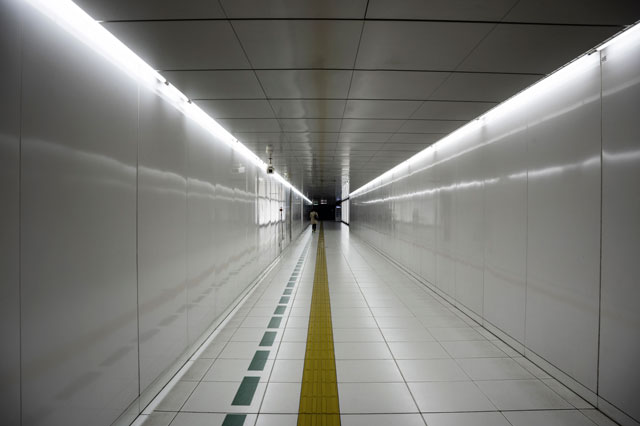
24V LED modules are preferred in projects such as street lighting, parking lot and building lighting, industrial facilities, and monuments.
How to Choose the Right LED Module for You:
Assess Your Lighting Needs:
First, it is important to assess the specific needs of your lighting project.
Consider the amount of light needed to illuminate the desired area and the type of light required (e.g., warm light or cool light).
Also determine whether you need uniform or spot lighting and whether there are special aesthetic requirements to consider.
Consider the Application:
Each application has different requirements in terms of brightness, stability, and durability.
If you are planning an installation of illuminated signs or interior lighting, 12V modules might be more suitable because of their more compact size and lower cost.
Conversely, if you are planning a large installation with long stretches of cable, you might prefer 24V LED modules to ensure greater reliability.
Calculate Power Requirements:
Once the lighting and application requirements have been defined, it is important to accurately calculate the electrical load and power supply capacity needed.
Consider the total length of the circuit, the output of the individual LED modules, and the maximum current capacity of the power supply.
You can use simple formulas or online tools to calculate these parameters accurately.
Conclusion: 12V and 24V LED modules, which one to choose?
Choosing between 12V and 24V LED modules may seem like a dilemma, but with a clear understanding of the differences and the specific needs of your project, you can make an informed decision that fits your lighting needs perfectly.
Remember, supply voltage is not the only consideration to keep in mind.
Carefully evaluate your lighting needs, specific application, power requirements, and overall costs to find the best solution for you.
At EasyLEDStore.com you will find a wide selection of 12V and 24V LED modules, along with all the accessories and power supplies you need to successfully complete your project. Explore our catalog and don’t hesitate to contact us for personalized advice and support in choosing the right product for your needs.
Choose with confidence and light up your world with the power and efficiency of our professional LED modules! We are always ready to assist you in your lighting projects.


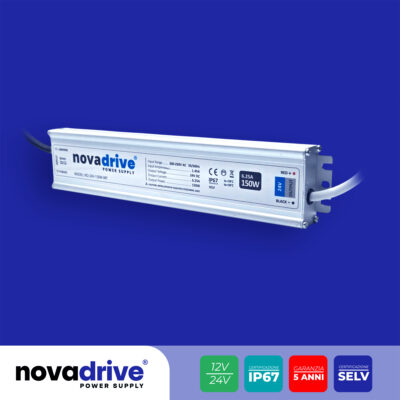


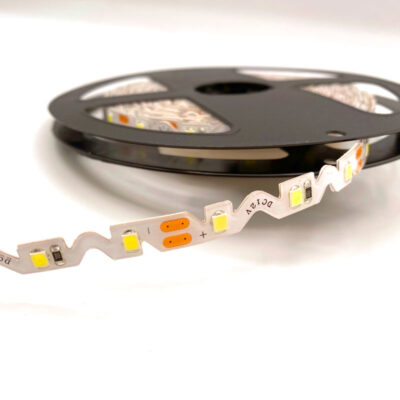
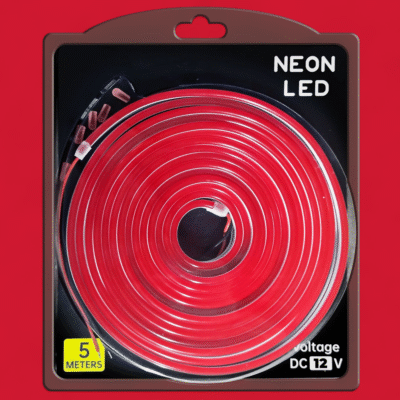
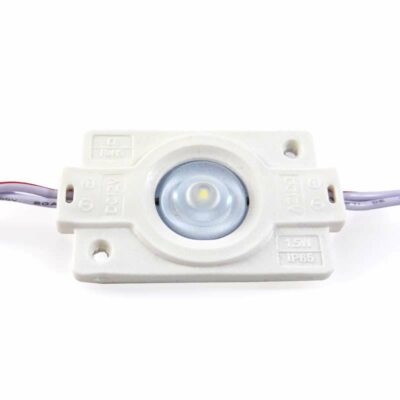
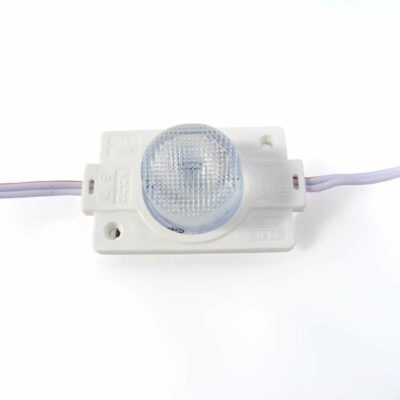
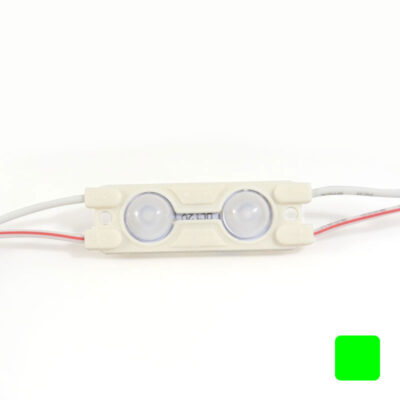
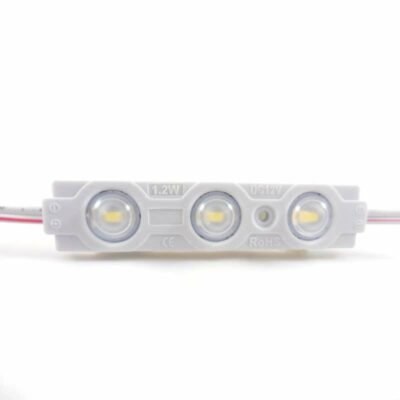
0 Comments